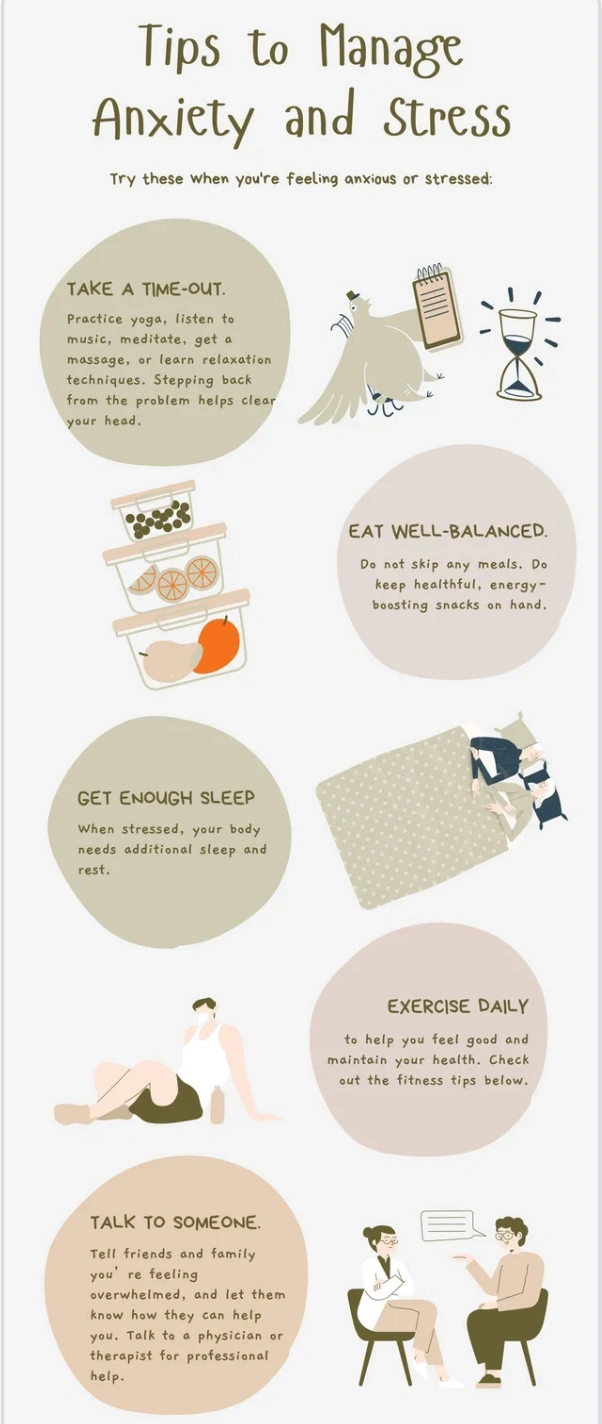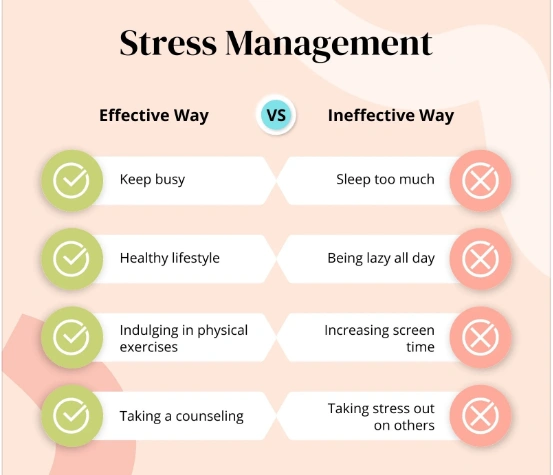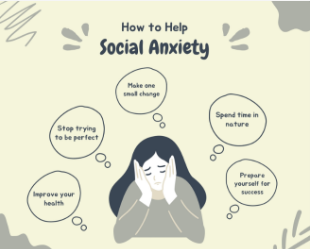How to support your seniors suffering from social anxiety
24-06-24
Socializing is essential to keeping your seniors emotionally healthy, but it isn't always easy. Many seniors suffer from social anxiety symptoms, which makes any type of social interaction feel more complicated, which could be one of the reasons your elderly family member has reduced their socializing.
A person with social phobia, also known as social anxiety disorder, has extreme anxiety and self-consciousness in routine social settings. An elderly person may experience severe, ongoing, and chronic anxiety about looking foolish and being judged by others. It's difficult to make and maintain friends if you have social anxiety disorder. So, how can you assist seniors in overcoming social anxiety?
Discuss the problems your senior is experiencing with them.
If you feel "How can I help the elderly?", just sit down with your seniors and listen to them. Social anxiety is extremely common, but it can become even more difficult for your seniors as they grow older. It can be beneficial to talk openly and honestly with your seniors about what makes managing their social anxiety difficult for them and what makes it easier for them. Other factors, such as health issues your elderly family member is dealing with or changes they have gone through over the years that make them feel more self-conscious, are frequently contributing factors. Talking about their worries, either with you or with their doctor, may help a little at first.
Begin slowly and avoid overpowering them.
Whatever choices you and your seniors make to encourage them to socialize more frequently, make sure you're not pushing too hard. People who suffer from social phobia cannot simply push through and try harder to overcome their anxiety disorder. There may be times when your senior needs to back off and retreat a little to deal with the emotions that come with being a senior. Progress is wonderful, but not if it comes at the expense of making them feel hurried.
Address the complications that make socializing more difficult.
What issues are preventing your seniors from socializing that are easily resolved? Some concerns may be that your senior does not know where to meet new people or that they can no longer drive. When you can assist them in resolving those problems in ways that aren't exhausting for them, they may find it easier to persevere. Look for simple solutions that allow them to deal with their anxiety on their own terms as much as possible.
Employ elderly care providers to enable them to socialize in other ways.
Another option is to hire home care providers to help your senior with socialization and other tasks. This is especially important if they have other needs, such as transportation or help with daily tasks around the house. Care providers provide a friendly face and someone who is willing to listen and support. They can also help your elderly relative feel more comfortable interacting with others regularly.
The Ministry of Social Justice and Empowerment (MoSJ&E) established Elder Line, a National Helpline for Senior Citizens (NHSC), in partnership with the National Institute of Social Defence (NISD) and participating State/UT Governments.
Elder Line 14567 is a free phone number that is open from 8:00 AM to 8:00 PM. It offers free advice, emotional support, field intervention in cases of abuse, rescues, and reunions of elderly people who are homeless, all of which are motivated by the values of consistency, care, empathy, and encouragement. To know more visit Elder Line.
Finding the right balance between socializing and caring for your elderly family members is critical. They may feel more at ease reaching out to other people than at other times. That doesn't mean they are retreating into isolation. It's possible that they need some time to regroup.
Disclaimer: Healthy Wrinkles does not recommend or offer any medical diagnosis, treatment, or advice. The information provided here is only for the awareness of disease or ailment among individuals, caregivers, and the public. The advice of doctors, licensed professionals, or therapists who are knowledgeable about your particular situation should always be sought before using the information provided here. It should also not be used in the event of a medical emergency or for the diagnosis or treatment of any medical condition. If you want urgent assistance, contact a qualified medical professional. Additionally, the information represents the author's views and not those of Healthy Wrinkles.



